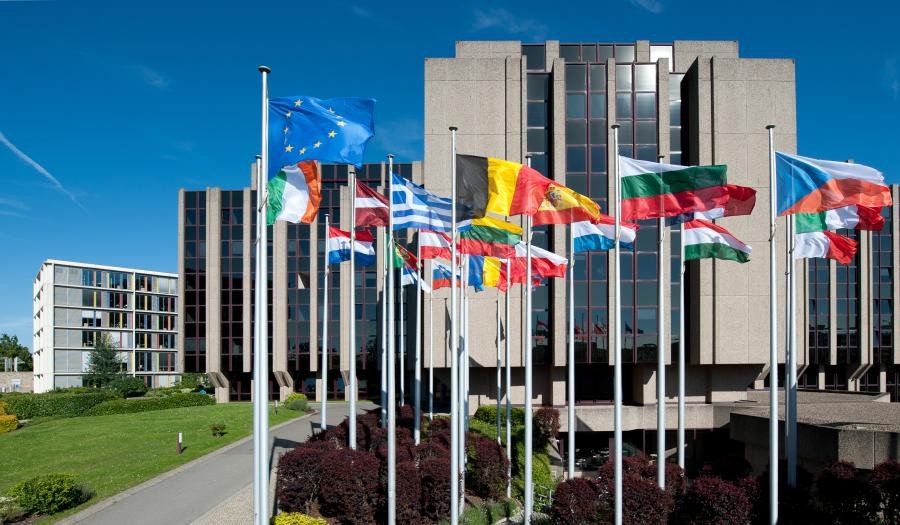As the guardian of the EU’s finances, the European Court of Auditors checks that the EU keeps good accounts, correctly applies its financial rules, and delivers value for money.
In an activity report issued on 24 April the ECA stated that in 2016, it produced annual reviews of the EU budget and the European development funds, as well as on all EU agencies and many other bodies across the union. It has issued a record 36 special reports which cover a large range of topics.
It found a range of errors in disbursements, although errors are often administrative mistakes and do not necessarily indicate fraud.
EU budget audit
Last year, when examining the implementation of the 2015 EU budget, the auditors tested some 1,200 transactions across all spending areas. The ECA assessed these cases where EU money has been used to provide support to key infrastructure projects, SMEs, research organisations, farmers, students in member states or to beneficiaries in non-EU countries. Total EU spending in 2015 was €145.2 billion, around €285 for every citizen. The ECA gives an adverse opinion on the regularity of payments, arguing that they are materially affected by error (3.8 %).
The report states that:
“We continue to find nearly the same estimated level of error under shared management with the Member States (4.0 %) and for expenditure managed directly by the Commission (3.9 %). Administrative expenditure by the EU institutions had the lowest estimated level of error (0.6 %).”
It continues to note that:
“Corrective action by authorities in the Member States and by the Commission had a positive impact on the estimated level of error. Without this action, our overall estimated level of error would have been 4.3 %. Although steps have been taken by the Commission to improve its assessment of risk and the impact of corrective actions, there is still scope for improvement.”
Furthermore, the ECA audited the European Development Funds (with a budget of €3.1 billion), which provides European Union assistance for development cooperation to the African, Caribbean and Pacific (ACP) states and overseas countries and territories.
The ECA notes here as well similar levels of errors:
“Overall, as in previous years, the level of error we found in EDF expenditure (3.8 %) pointed to weaknesses in the ex-ante checks. Errors due to the absence of supporting documents to justify expenditure and non-compliance with procurement rules were the cause of more than two-thirds of the estimated level of error.”
Special reports and opinions
The ECA audited the EU external migration spending in Southern Mediterranean and Eastern Neighbourhood countries until 2014:
“We checked 23 projects (€89 million of EU funding) in the Eastern and Southern Neighbourhood countries, namely Algeria, Georgia, Libya, Moldova, Morocco and Ukraine. We also reviewed policy, programming and project documents as well as related literature and evaluations, carried out interviews and collected information from the Commission, EU delegations, the responsible national and local authorities, final beneficiaries, international organisations, civil society and think tanks. Our auditors found that the Commission struggled to demonstrate the effectiveness of the EU’s spending on external migration policy in neighbourhood countries.”
The report on external migration and the one on EU maritime transport show the risks of inefficiencies in the union’s spending to increase its external competitiveness.
The ECA issued two opinions on new or revised EU legislation with significant financial impact: one on the EU antifraud office’s (OLAF) supervision and the other on the extension of the European Fund for Strategic Investments.
Stats
In total, the ECA’s audit teams spent 6,756 days auditing national, regional and local authorities in EU member states, and other recipients of EU funds in the EU and beyond.
The audit teams spent the most days (426) auditing Spain followed by Italy (372) and France (350); in Luxembourg they spent 5 days, while Estonia had not been visited at all.
